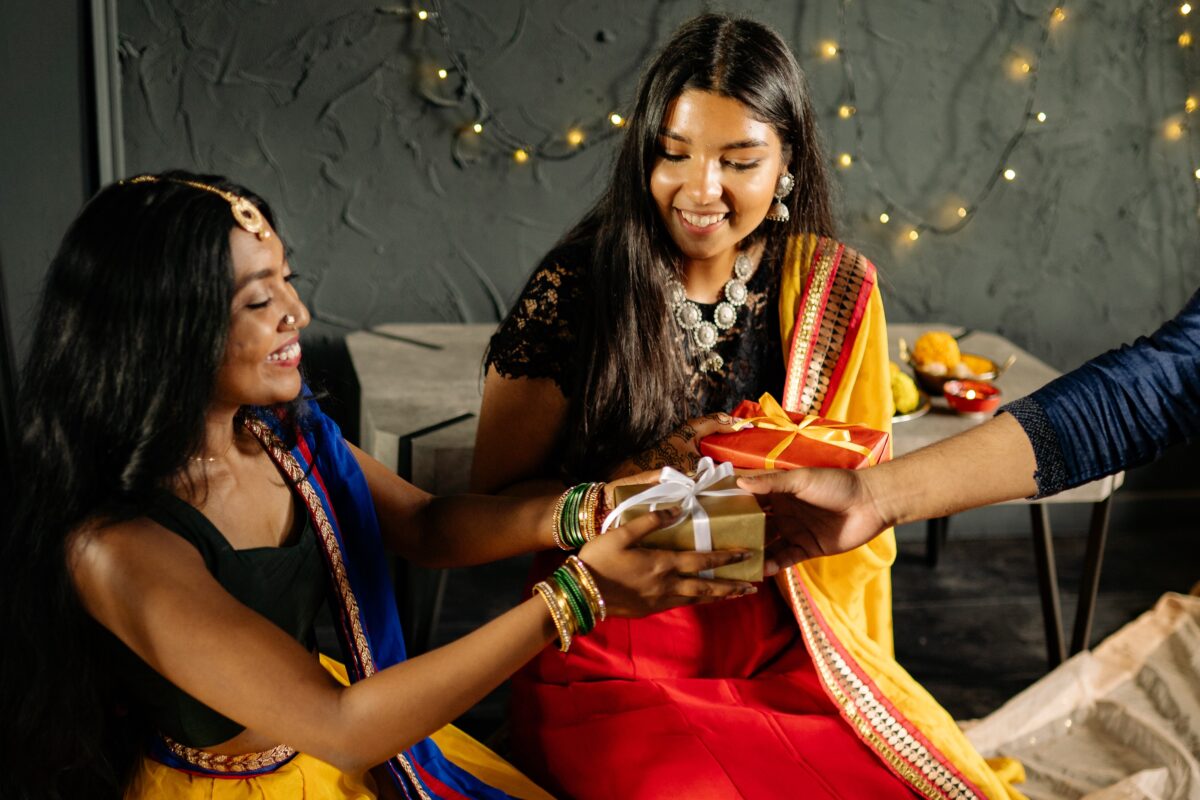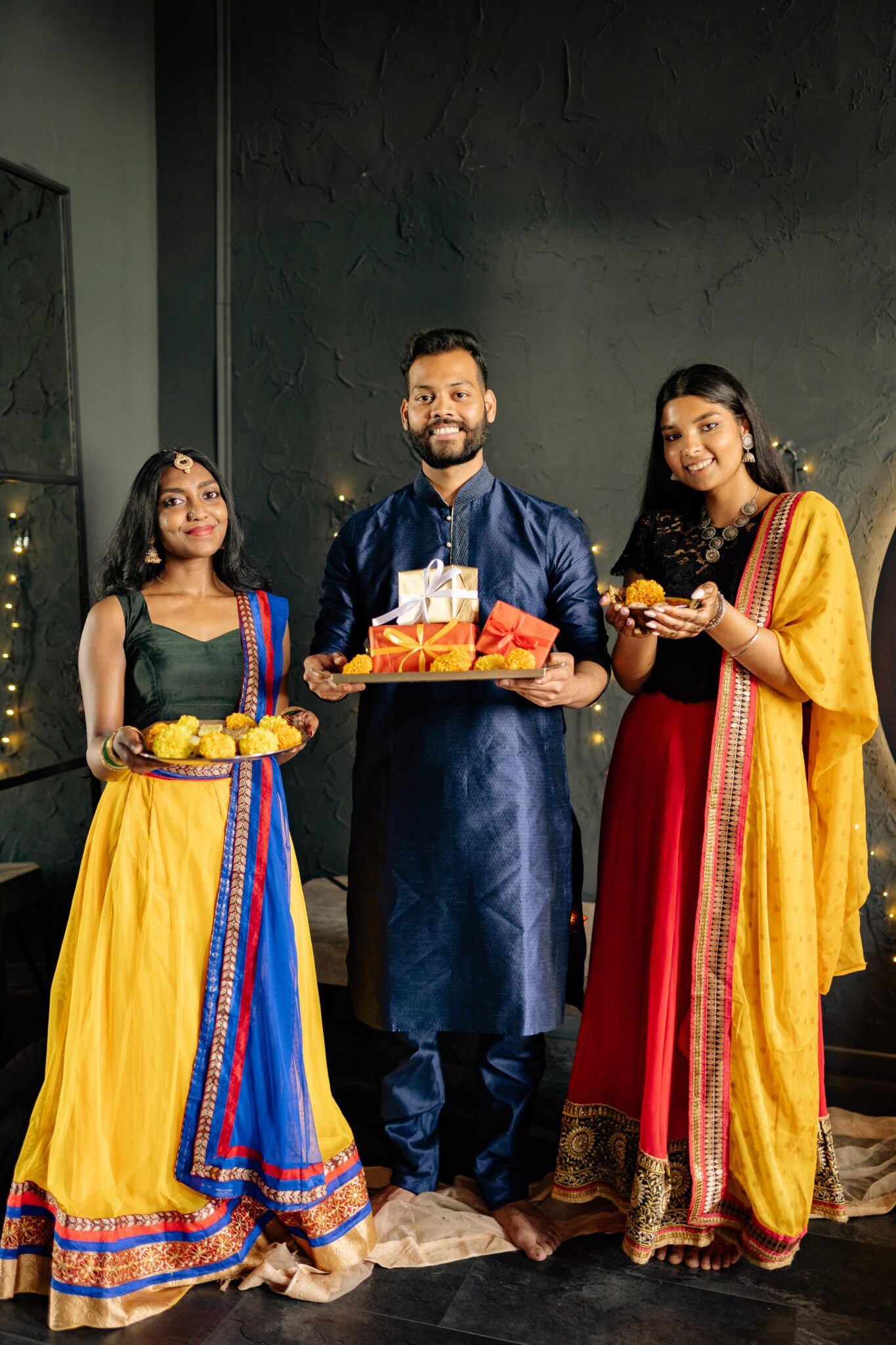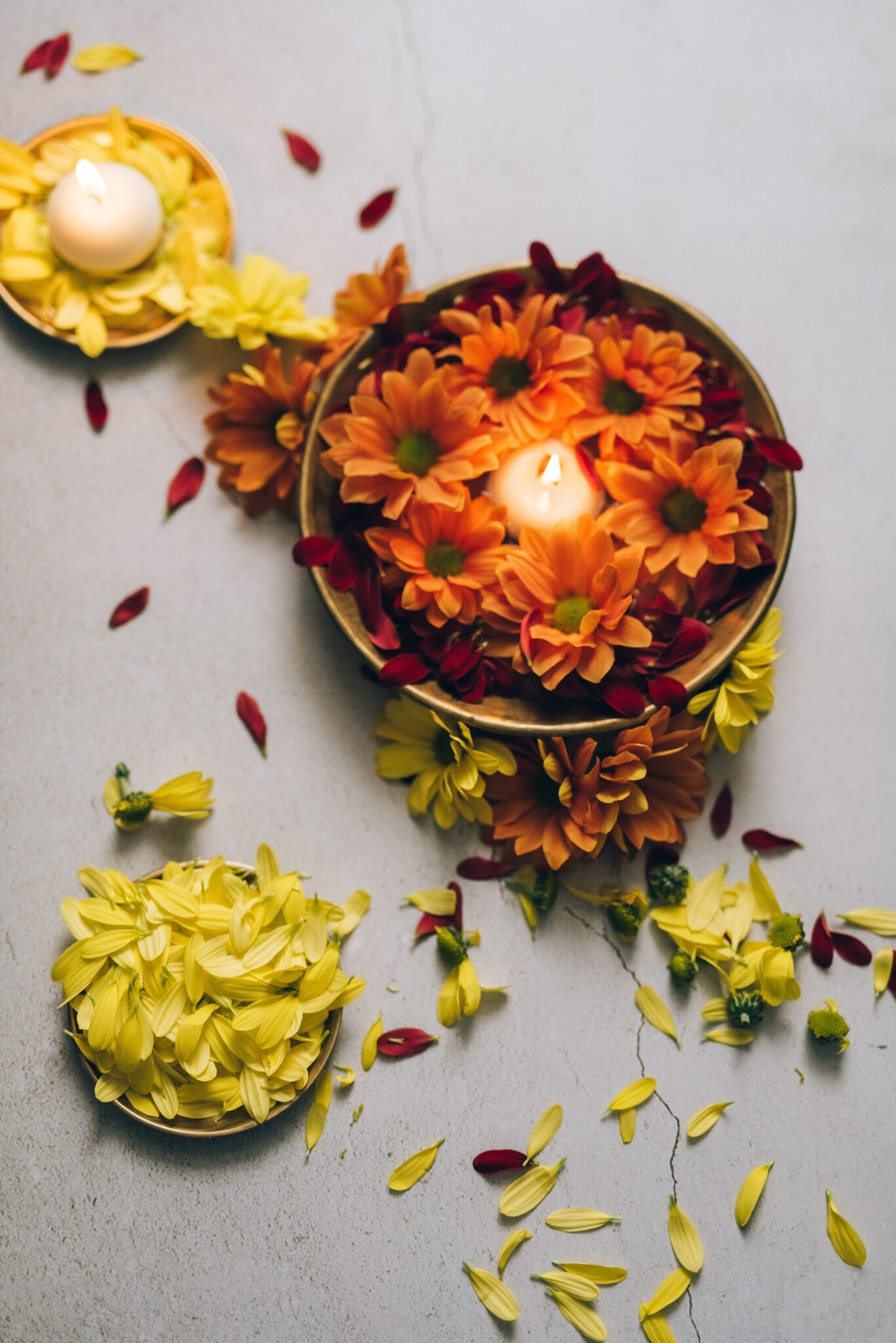Diwali festival of light

- Written by
- Abby Beswick
Festival of light
India’s biggest holiday of the year, Diwali is the Hindu festival of lights and it also enjoyed by non-Hindu communities around the world, including in New Zealand.
Diwali represents victory of light over darkness, good over evil and knowledge over ignorance. The festival gets its name from the row (avali) of clay lamps (deepa) Indians light outside their homes to symbolise the inner light that protects us from spiritual darkness.
What is Diwali?
Every region in India has distinctive traditions for celebrating Diwali but the meaning behind the festival is the same everywhere – the triumph of good (light) over evil (darkness) and the renewal of life. Diwali is a time for religious rituals, for families to come together and it is also considered an auspicious time to start new business ventures.
During the five-day festival in India, there are different ceremonies each day, with the third day being the main event. On Diwali night people offer prayers to Lakshmi, the goddess of wealth, and Ganesh, the god representing good fortune and wisdom for the coming year. Offerings to the gods and lamps placed outside homes are arranged to attract their attention so they provide prosperity to the family for the year ahead.

When is Diwali?
The date of Diwali changes each year – it is always celebrated in October or November on the darkest day of the lunar month. This year in New Zealand, Diwali is on Sunday November 12.
How is Diwali celebrated?
The weeks leading up to Diwali are traditionally a time when people clean and redecorate their homes, buy new clothes and jewellery and exchange gifts such as dried fruits and nuts. During this time there are food festivals, parties and feasts as the excitement builds towards the main Diwali celebration on the third day.
On this day, families gather for prayer and as the sun sets, they place many clay lamps around the house. This is followed by a lavish dinner and fireworks. Each region has its favourite dishes during the festival. Savoury snacks could include samosa, bhajis (a fritter made from spicy vegetables) and aloo tikki (potato patties).
The main meals might feature meat curries such as tikka masala or vegetarian dishes. Sweet treats are the stars of Diwali. Family favourites include gulab jamun (syrup dumplings), cardamom kheer (rice pudding) and nankhatai (shortbread-like biscuit). Sweets are typically made with dairy products as this has religious significance and are offered to the gods and guests. In New Zealand, Diwali festivals are held in most regions. These include dancing, music and food stalls.
